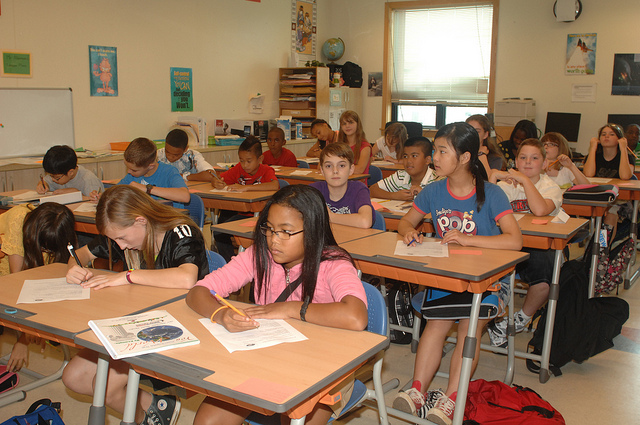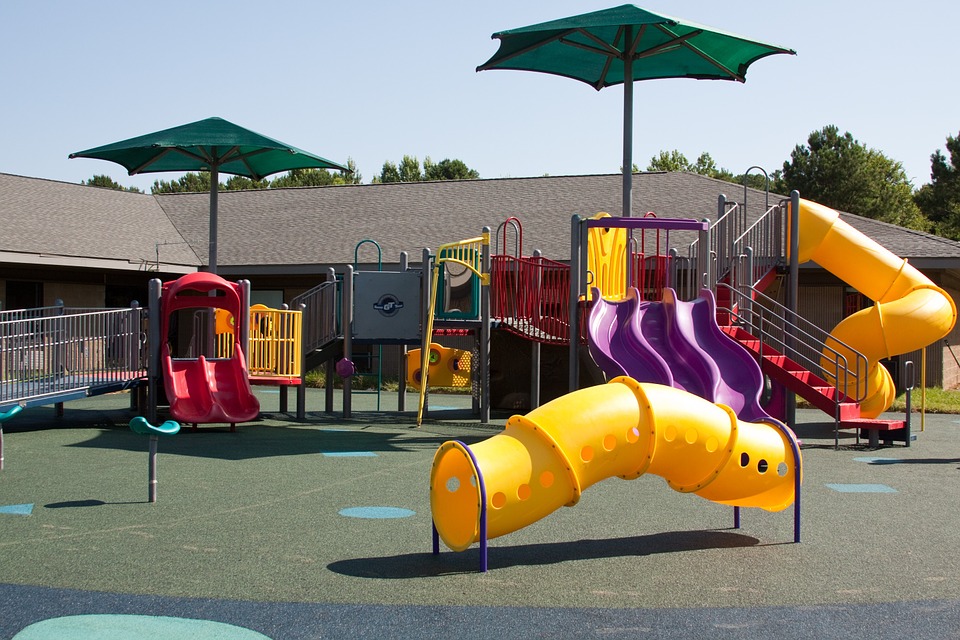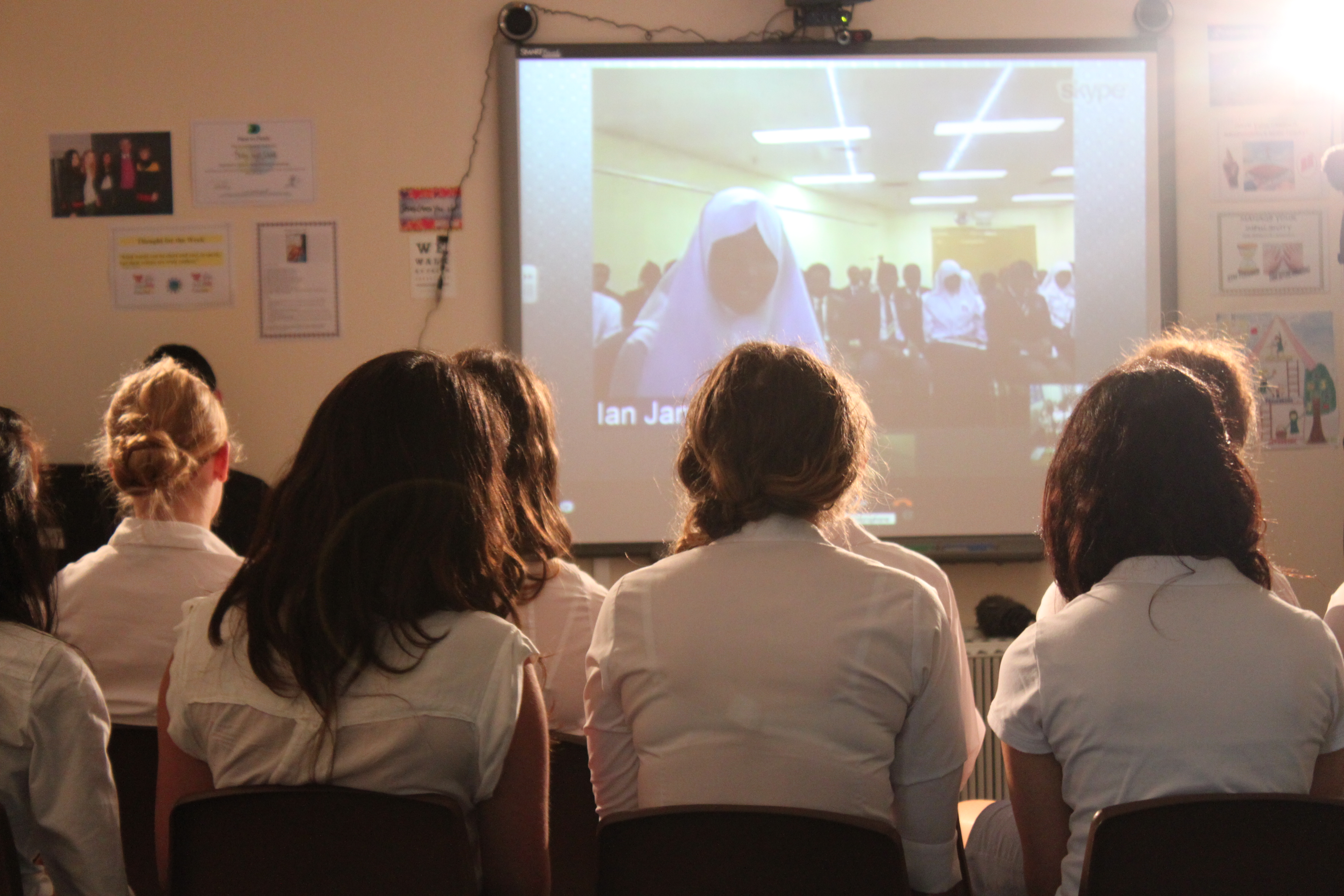6 Dos and Don’ts for New Teachers Who Need Help Correcting Student Misbehavior

There is bound to be some tension at some point in your classroom, no matter how organized or even how well-behaved your students are. Conflict can easily arise between you and your students, or amongst them.
It is part of the job of contemporary teachers to ensure that their students resolve conflict without verbal or physical attacks. You will need to teach the students that open discussion and empathy are the right ways to go about resolving conflicts. Instead of punishing students, you should try to share the power with students so that they learn to work on a resolution on their own. A peer mediation system is highly beneficial as it teaches students how to resolve conflicts and help others to do so.
But what do you do when all of your proactive approaches fall flat? Here are six tips to help you resolve those unavoidable issues.
- DO let your students know the consequences of their actions.
Planning will definitely help you to minimize misbehavior in the classroom. There will, however, always be students who will, sooner or later, cause problems that call for you to administer punishment. Before delivering punishment, you will have to ensure that the student knows that they are responsible for being punished by choosing to misbehave. You might need to find the appropriate punishment for individual students because every student sees punishment differently. For example, in the case of a student who misbehaves to get the attention of his peers, if punishment achieves this objective, the student may consider this action to be a success.
- DO consider giving a verbal reprimand to your student privately.
One common punishment is issuing a verbal reprimand, but many students may not respond well to this, as it may not be authoritative enough to make them reconsider the action. It may be seen as a minor consequence, and the undesirable behavior may continue. You will need to personalize student punishment to a certain extent. The best way to verbally reprimand a student is to do so in private. When students are in private, they are more likely to listen to teachers, even admit their wrongdoings and/or honestly explaining the reasons behind their actions. With such a positive outcome, teachers can build relationships with misbehaving students so that they can be more aware and be better able to manage the classroom.
- DO take away privileges for students who continually misbehave.
If the problem is severe or ongoing, opt for greater consequences such as loss of privileges. If this continues to be ineffective, consult the Principal to discuss harsher punishments, such as school suspension. Not all students have the same opinion of privileges and that might make maintaining the fairness in punishment difficult.
Detention is another frequently used punishment. Detention is easy to administer, as you will not have to deal with the misbehaving student at that moment, and a higher authority such as the Principal can be involved. Students need to be given rigorous academic work during the detention and socializing should be discouraged. After a certain number of detentions, it should be recorded on the student’s records, and parents notified. Situations where outside involvement occurs should be confined to students whose misbehavior is persistent and recurrent. Nowadays, most schools have a detention system whereby students are removed immediately from class and straight into the designated detention room. Teachers should make sure that there is a supervisor during detention to watch over students.
- DON’T give extra work.
It may be difficult to maintain fairness as academically-challenged students will fall behind more, and extra work can make students stay up and come to school with inadequate rest, causing their concentration levels to go down. This may contribute negatively to student performance, which could be damaging for both the teacher and student in the long-term.
- DON’T deduct marks from their grade when they misbehave.
This often gives students more reasons to harbor negative feelings not only the subject and school, but also education itself. Linking academics with behavioral mistakes will foster further negative attitudes and behavior in students.
- DON’T resort to corporal punishment.
This has been made illegal in several states and overall, this type of punishment fails to address the problem. Students’ discontinuation of misbehavior would be linked only to the fear of physical pain, and no understanding of why the behavior was wrong results.
You will need to remain calm and direct when delivering punishments, acting with consistency and fairness. By quickly and effectively dealing with students, you are able to portray your professionalism and your firm stance.






